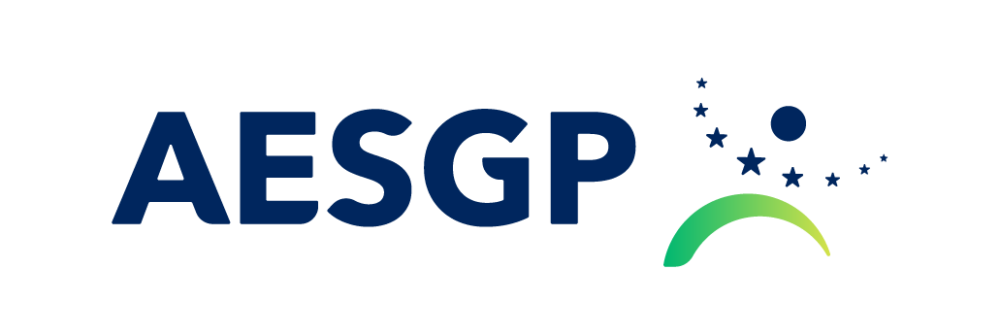AESGP Responds to EPF’s Open Memo to the Health Industry
Given profound concerns regarding the impact of COVID-19 on patient communities, the European Patients Forum (EPF) shared an Open Memo to health industry representatives outlining the main challenges for patients with chronic diseases and calling for continued cooperation in managing the crisis.
Health systems face an unprecedented number of patients requiring urgent care. Since the beginning of this health crisis, the European self-care industry has been committed to ensure the continued availability of self-care products[1]. European self-care manufacturers have prioritized the continuity of their supply chains to ensure that stock provisions of self-care products are not interrupted.
AESGP is in close contact with its members and is working alongside other European trade associations to inform, predict and resolve problems to make sure that any potential shortages are prevented and/or mitigated. This involves weekly meetings with the European Commission, the European Medicines Agency and other European official bodies, as well as weekly meetings with the EU Executive Steering Group on Shortages of Medicines Caused by Major Events. Read also our article “AESGP and the COVID-19 pandemic” for more details on the efforts self-care industries are pulling to face the COVID-19 pandemic.
AESGP would like to assure EPF that the market for self-care products remains competitive, with more than 2.000 companies supplying the needs of European citizens. The range of offer is maximized, with numerous therapeutic options and well-established brands to choose from. This makes it harder for any eventual shortage to translate into a direct impact to European citizens or to hinder their access to self-care choices.
It is important that citizens are ensured regular access to self-care products so that they can self-manage symptoms for common conditions, as they have done so far. This will relieve the pressure on healthcare systems, thanks to reduced unnecessary visits to healthcare units. It is likewise important to convey a message of trust in the continuity of the supply chain, so that distortions in consumption are not induced due to, for instance, needless stockpiling.
AESGP is determined to collaborate with patient organizations, such as EPF, to assess their needs and to be able to provide access to quality healthcare products. Only through a coordinated approach of manufacturers, suppliers, governments and executive agencies, will it be possible to overcome this crisis with better and faster positive outcomes.
View the full responses to EPF’s Open Memo from EFPIA, Medicines for Europe, Med-Tech Europe, AESGP and EUCOPE here.
[1]Non-prescription medicines, medical devices (such as personal protective equipment) and food supplements
